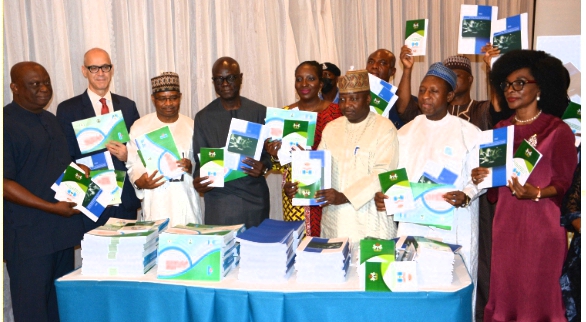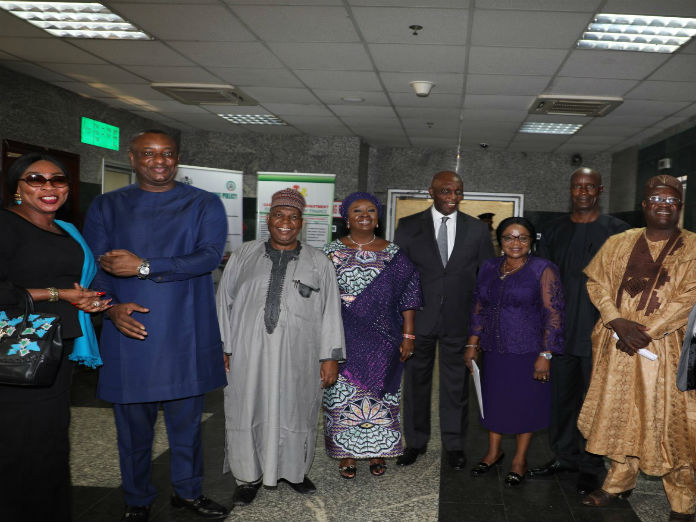Nigeria launches National Action Plan against human trafficking
Oru Leonard
With the adoption of the United Nations Convention against Transnational Organized Crime and its three Protocols in 2000, including the Protocol to Prevent, Suppress and Punish Trafficking in Persons the victim-centered approach to trafficking in persons was first established as an integral part of international law. Since then 177 countries have become parties to the Protocol confirming the universality of the approach.
With the objective of translating this approach into tangible and achievable results, on 28 April 2022, the National Agency for the Prohibition of Trafficking in Persons (NAPTIP), gathered all stakeholders in the fight against human trafficking to launch several new policy documents, including the National Action against Human Trafficking (2022-2026). The Plan revolves around 5 thematic areas, namely (i) Protection and Assistance, (ii) Prevention, (iii) Research and Assessment, Data Management and Statistics/Monitoring and Evaluation, (iv) Prosecution Law Enforcement and Access to Justice and (v) Partnership and Coordination.
The National Action Plan is the product of an extensive consultative process led by NAPTIP with the support of the Government of Switzerland and the technical advisory services of UNODC spanning almost two years involving government agencies at federal and state levels, civil society, academia, as well as international development partners through series of technical working group meetings. The evidence base for the development of the action plan was provided by an in-depth baseline assessment conducted by UNODC taking stock of the current trends in trafficking, identifying any persisting institutional, legal and operational gaps, and assessing lessons learned from the implementation of the two previous national action plans.
In her opening remarks, the Director General of the National Agency for the Prohibition of Trafficking in Persons (NAPTIP), Dr Fatima Waziri-Azi, appreciated “the United Nations Office on Drugs and Crime (UNODC) for availing NAPTIP with the requisite technical support from conceptualization to finalization of the action plan”.
Delivering a goodwill message on the occasion of the launch, Dr. Oliver Stolpe, UNODC country representative, commented on the action plan: “We welcome the strong focus on prevention and prosecution both critical in reducing the prevalence of human trafficking. We also congratulate NAPTIP and all stakeholders on elevating data, research, monitoring and evaluation to a self-standing objective enabling us going forward to identify changes in the trends of trafficking more quickly and react to them more effectively.
In line with its Strategic Vision for Nigeria UNODC will continue to support the Nigerian Government in effectively implementing the National Action Plan, including by strengthening the criminal justice response to trafficking in persons with a specific focus on intelligence-led investigations, enhancing prevention; increasing international cooperation with transit and destination countries, and promoting research and build knowledge of trafficking in persons and smuggling of migrants.
(UNODC Media)




